Human Capital Refers To Which Of The Following

The global economy faces a reckoning. The very definition of human capital, the engine of growth and innovation, is under intense scrutiny as workforce demands rapidly evolve.
This article cuts through the jargon to deliver a definitive answer to the critical question: "Human capital refers to which of the following?" The answer, along with its implications for individuals, businesses, and governments, is detailed below.
The Core Definition
Human capital fundamentally represents the skills, knowledge, experience, and health that individuals possess. These attributes are key to their ability to perform labor so as to produce economic value.
It's not just about raw talent. Human capital is about the cumulative effect of education, training, and acquired expertise.
Consider it an investment in people that yields long-term returns, similar to investing in physical capital like machinery or infrastructure.
Key Components Explained
Skills are the learned abilities that enable individuals to perform specific tasks. This includes everything from technical proficiencies to soft skills like communication and teamwork.
Knowledge encompasses the understanding and information gained through education and experience. A highly knowledgeable workforce is better equipped to solve problems and innovate.
Experience is the practical wisdom acquired through years of work. Seasoned professionals often possess tacit knowledge crucial for mentorship and leadership.
Health refers to the physical and mental well-being of individuals. A healthy workforce is more productive, engaged, and less prone to absenteeism.
What Human Capital Is Not
It's crucial to distinguish human capital from related but distinct concepts. It's not merely the number of employees a company has.
Nor is it synonymous with talent alone, although talent contributes to human capital's overall value. Human Capital is the tangible abilities and traits of people that provide economic value.
It is more than just inherited attributes; it's about cultivated capabilities.
The Economic Significance
Nations and organizations with strong human capital tend to be more competitive. They are better at adapting to technological advancements and global market dynamics.
According to a 2023 report by the World Bank, investments in human capital are directly correlated with increased GDP per capita. Developing countries must prioritize education and healthcare to unlock their economic potential.
Businesses are also finding that they have to invest into their workforce in order to get the most out of them and have them be more productive.
The Role of Education and Training
Education and training are the primary drivers of human capital development. Quality education systems equip individuals with the foundational knowledge and skills needed to succeed in the workforce.
Vocational training programs provide targeted skills development for specific industries. This is crucial for addressing skill gaps and meeting the evolving needs of employers.
Lifelong learning initiatives empower individuals to continuously upgrade their skills and stay relevant in a rapidly changing job market.
Challenges and Opportunities
Several challenges hinder the development of human capital globally. Access to quality education and healthcare remains unequal, particularly in developing countries.
Automation and artificial intelligence pose new challenges, requiring workers to adapt to new roles and acquire new skills. According to the Bureau of Labor Statistics, millions of jobs will be displaced or transformed by automation in the coming decade.
However, these challenges also present opportunities for innovation and reskilling initiatives. Governments and businesses must invest in programs that prepare workers for the future of work.
Moving Forward: Policy and Action
Addressing the human capital deficit requires a multifaceted approach. Governments must prioritize investments in education, healthcare, and infrastructure.
Businesses must invest in employee training and development programs. This fosters a culture of lifelong learning and enables workers to adapt to new technologies.
Individuals must take ownership of their own skills development, continuously seeking opportunities to learn and grow. The future of the economy depends on it.
The Bottom Line
In summary, human capital refers to the collective skills, knowledge, experience, and health of individuals that contributes to economic productivity. It's the foundation of a thriving economy and a prosperous society.
Ignoring this core definition and failing to invest in human capital will have dire consequences. The stakes are too high to ignore.


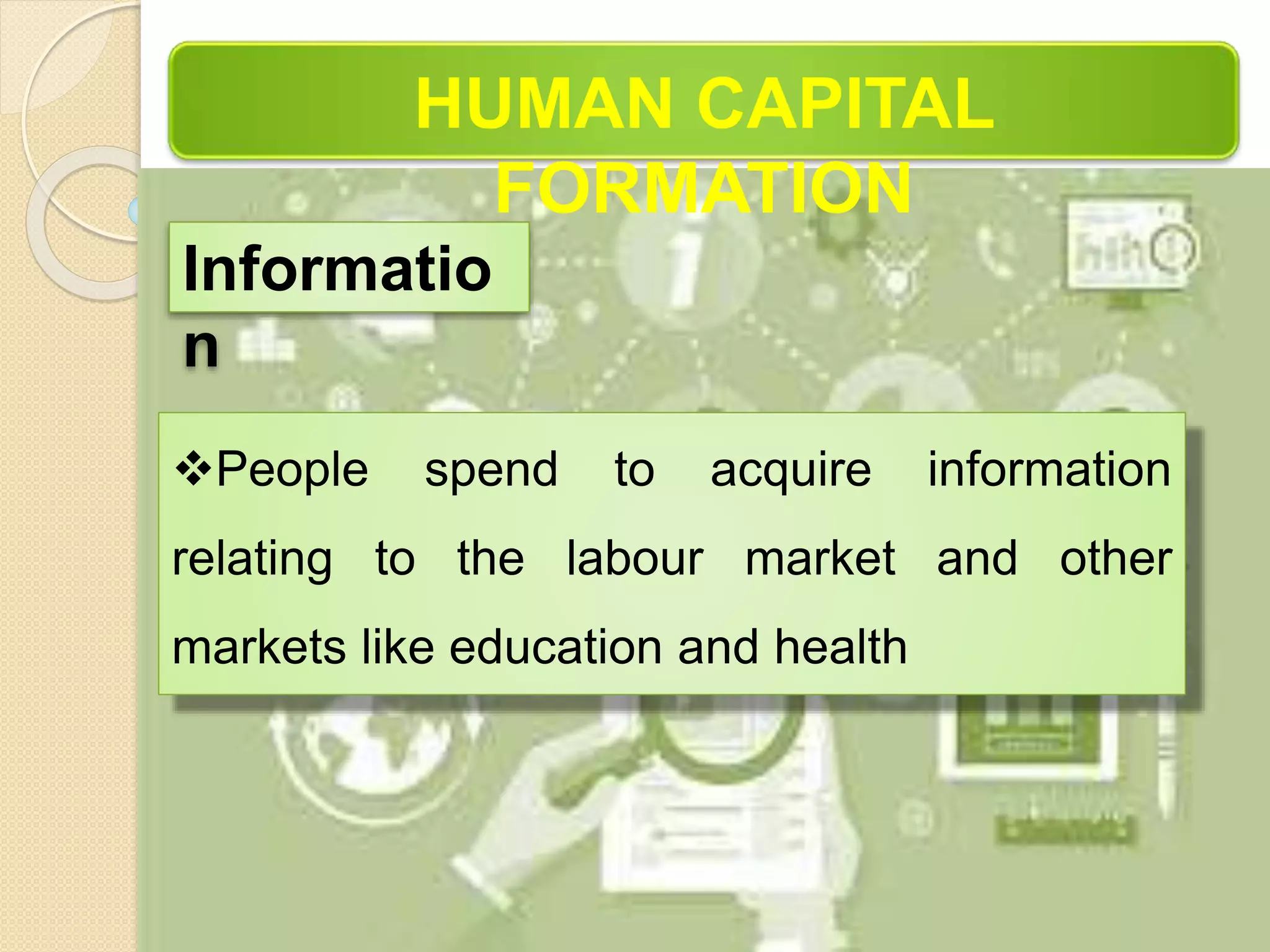
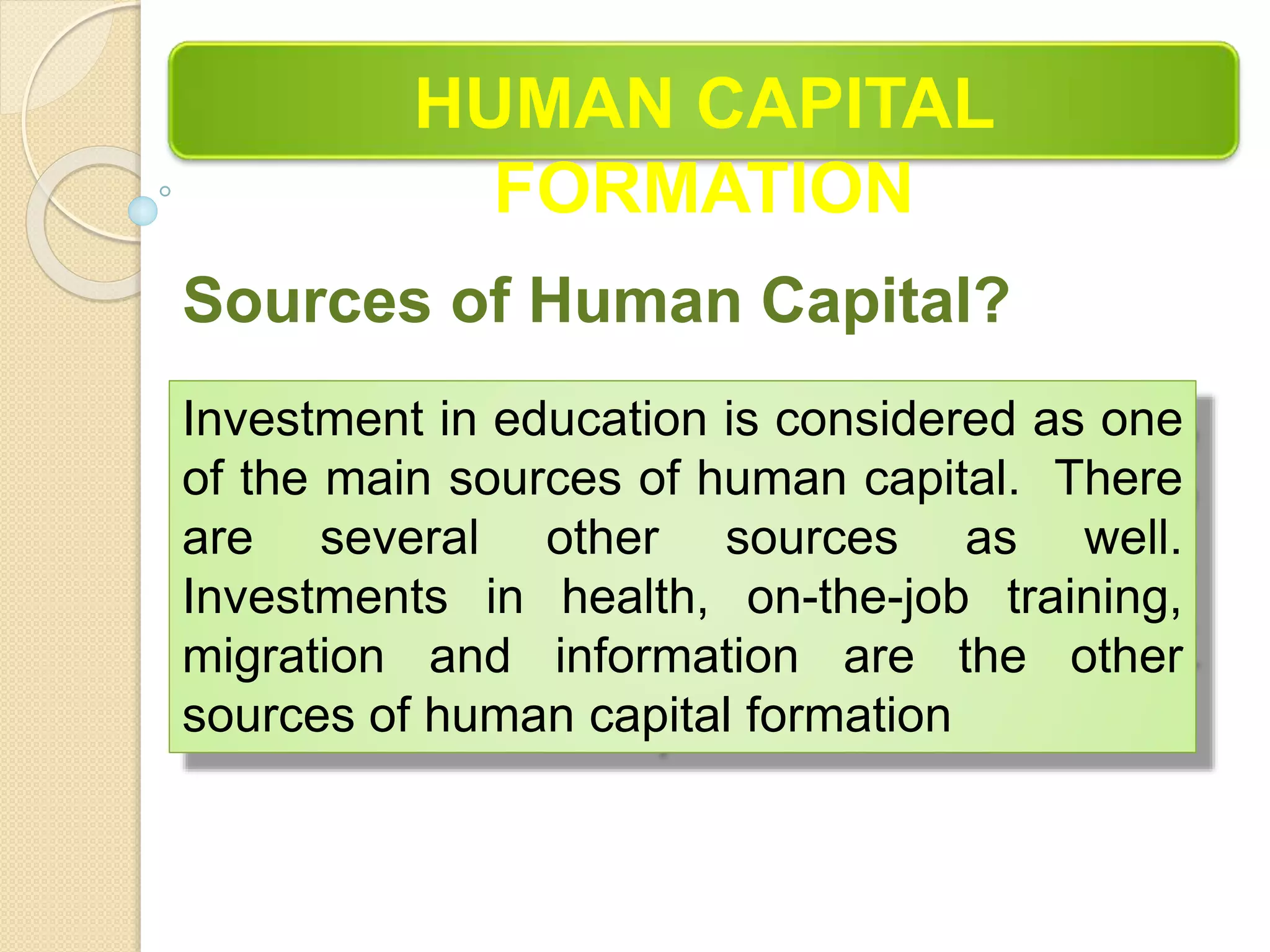
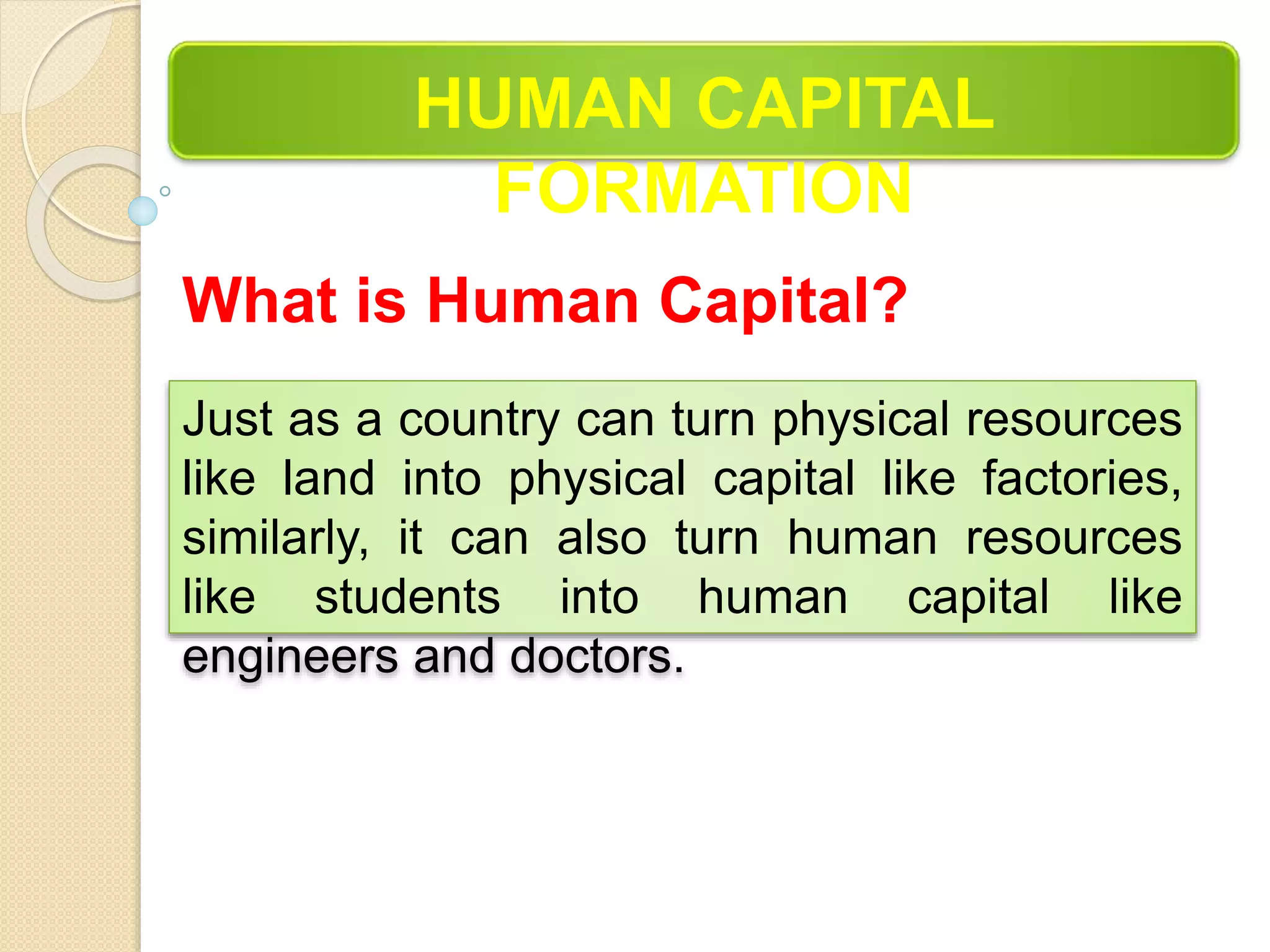



%2C+such+as+education%2C+training%2C+and+health..jpg)
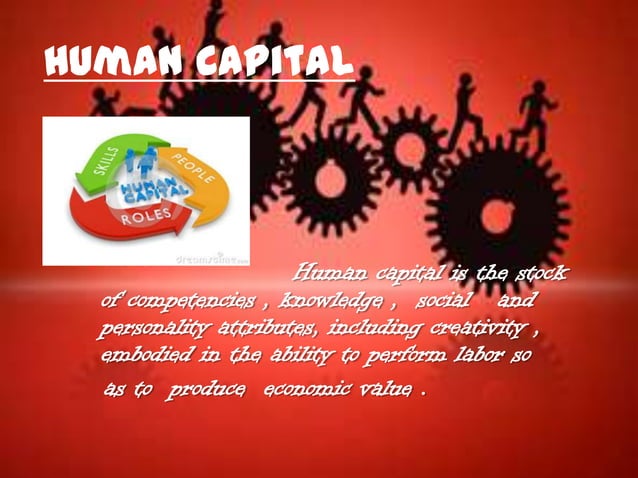

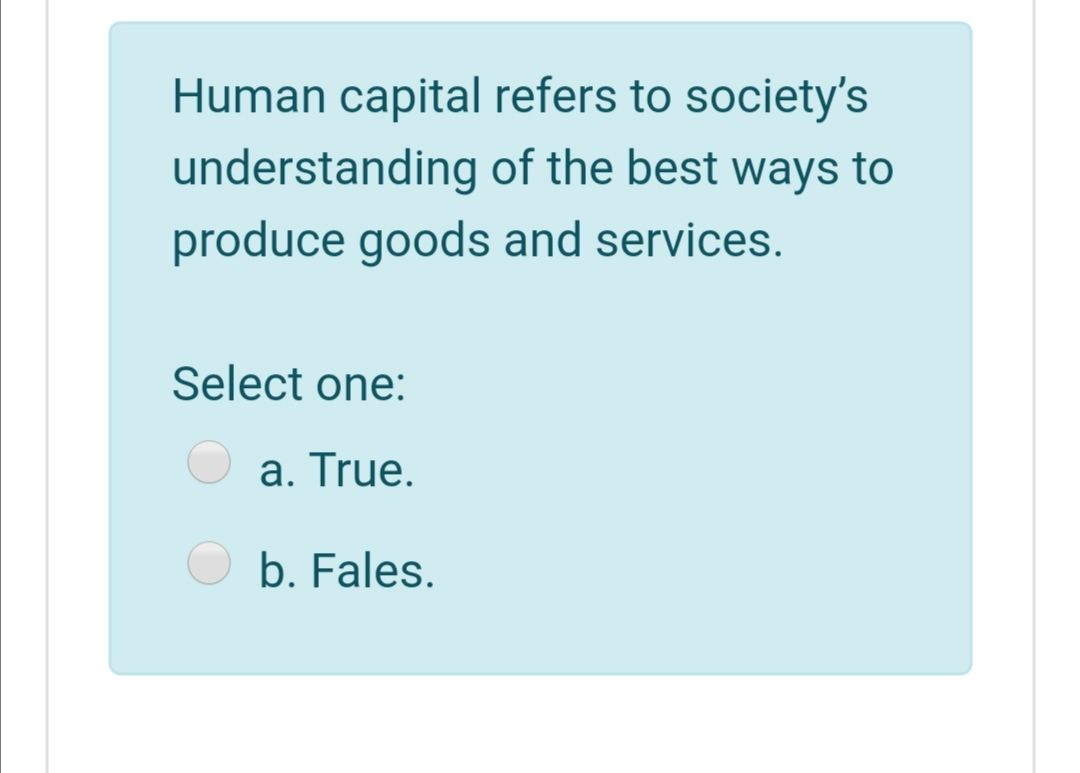
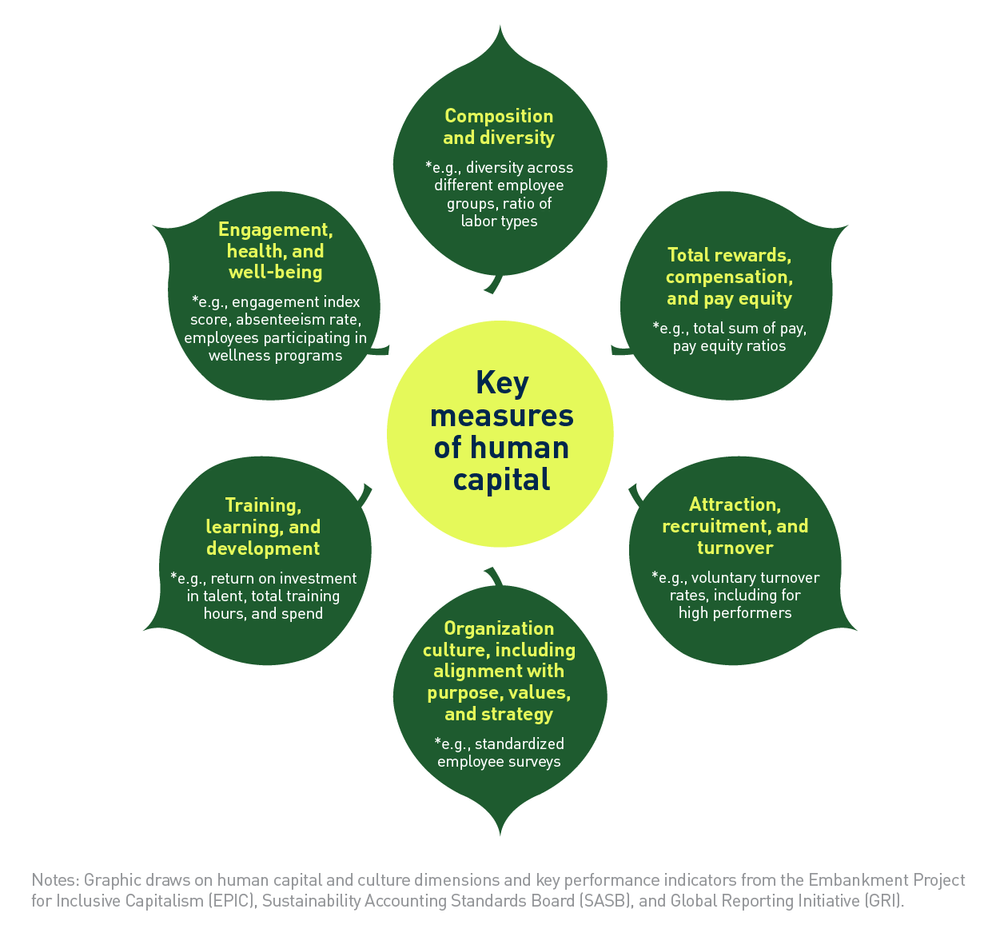

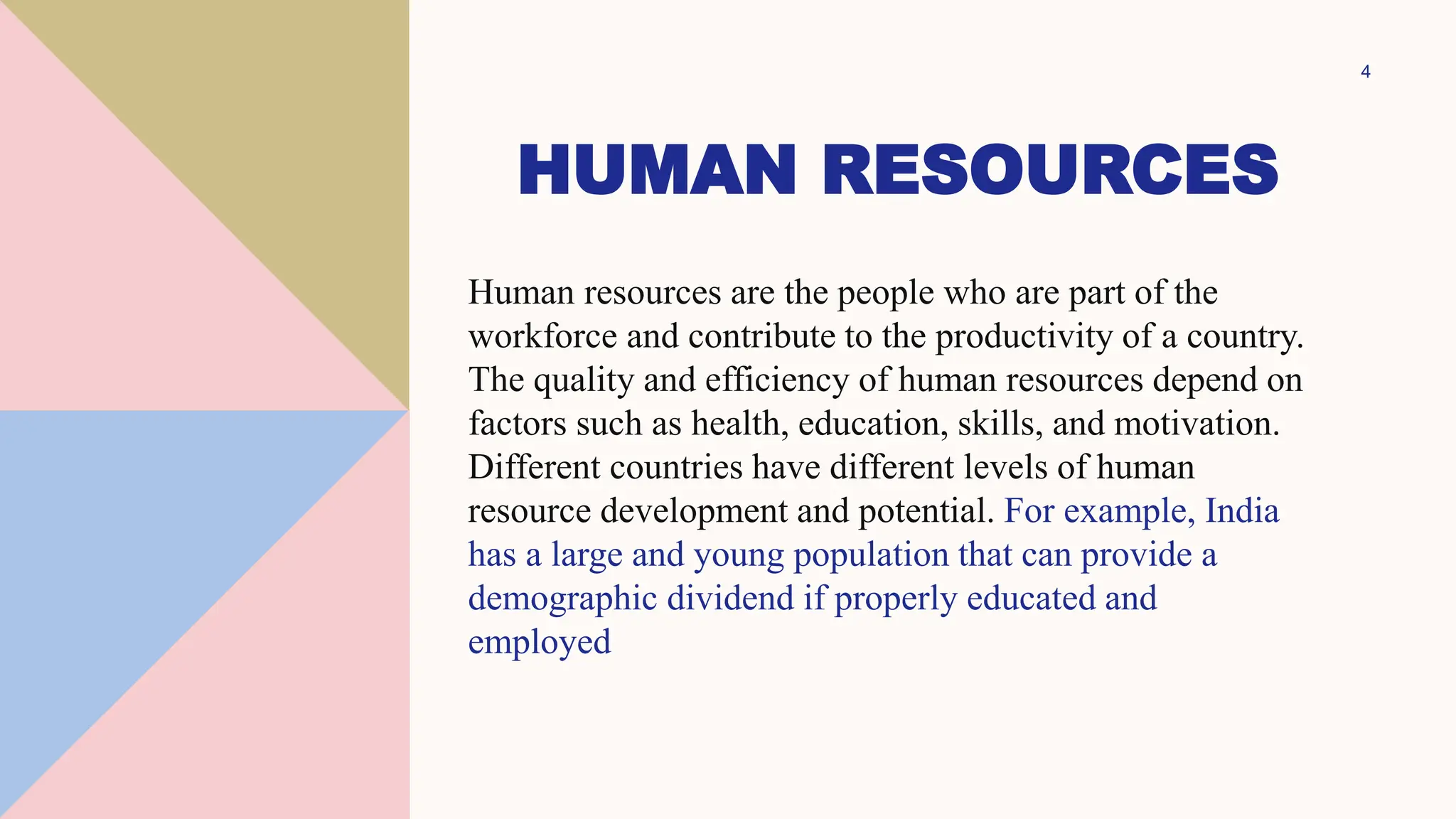
.webp)

